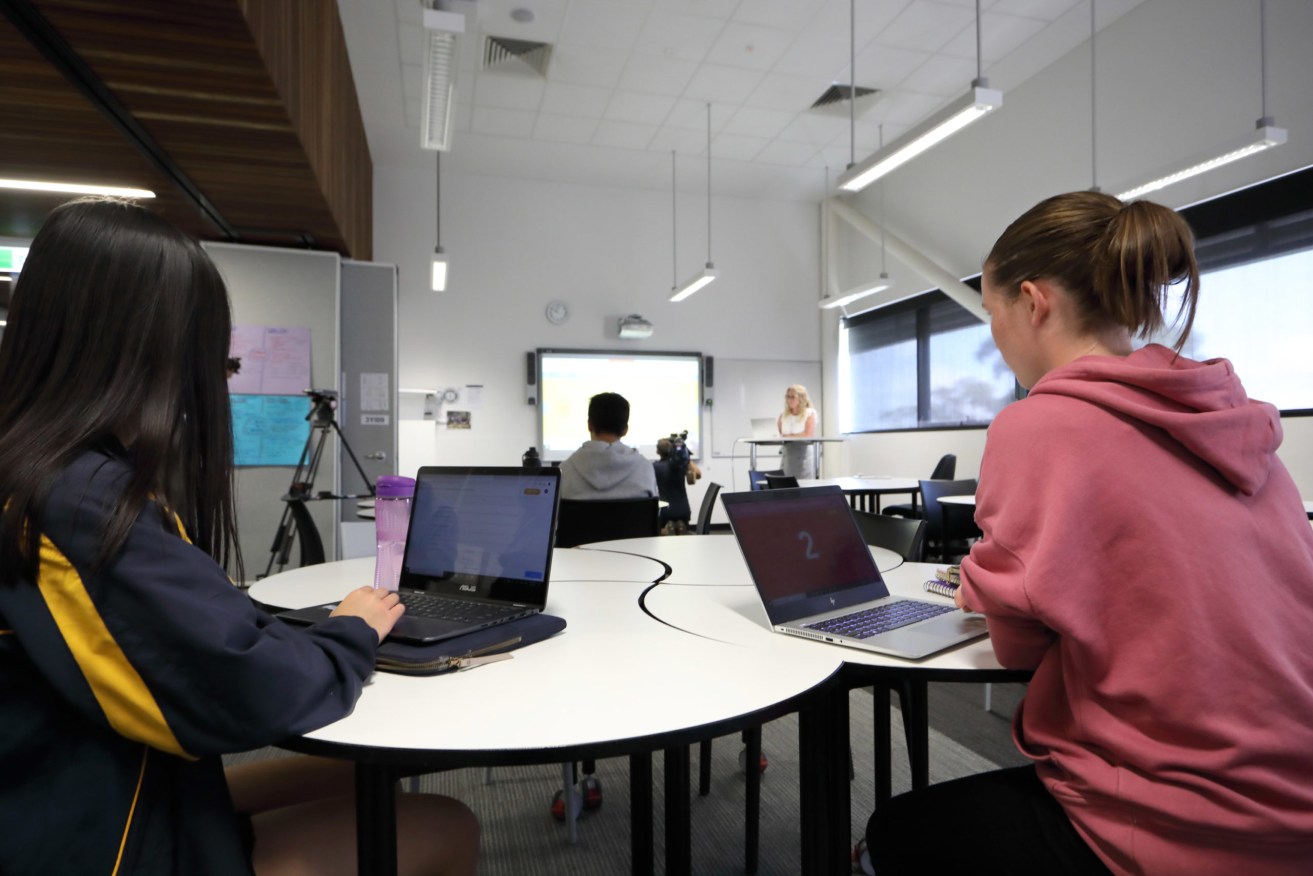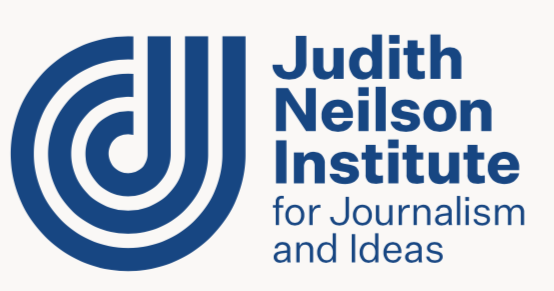SA private schools fear for future as pandemic fee pain bites
Parents struggling to meet private school fees as COVID-19 restrictions bite into their savings are seeing their children being turned away from public schools already at capacity.


Photo: Tony Lewis/InDaily
And the state’s 103 independent private schools warn some of their campuses will not survive unless the Federal Government steps up with vital support funds.
Association of Independent Schools of South Australia chief executive Carolyn Grantskalns said private schools had been hit hard by the economic downturn triggered by COVID-19 rules, and a significant number of families were asking for fee relief.
Many schools were being forced to stand down non-teaching staff including school nurses and boarding house staff as buildings were closed.
“(Federal Government support) I think for some schools it will be absolutely vital. All schools will change from this, I would expect their balance sheets like most businesses in Australia will be much less positive than they were,” Grantskalns said.
“I think there are some schools that will no longer be viable – it’s a really significant issue that the government needs to grapple with.”
The state body joined forces with their national counterparts to lobby Federal Education Minister Dan Tehan for support, but have not yet received answers.
Grantskalns said the State Government made a welcome decision to bring forward its annual funding grants – usually paid in July – to support schools.
But the same approach was still under consideration by the Federal Government, and it was difficult accessing existing federal job support for these businesses.
Fee structures at private schools made it difficult to meet eligibility criteria for Jobseeker grants, meaning some staff had been stood down.
“It’s heartbreaking, your staff are a team and to have to tell someone that kind of news when you know it will have financial consequences but you can’t avoid it, it’s heartbreaking for everybody,” Grantskalns said.
Schools are working with parents seeking fee relief as they do not want to lose families from their communities.
“Schools are trying really hard not to have that happen, it would be the worst thing in a situation like this,” she said.
“I think schools are trying hard to work with parents to enable them to not have to leave.”
Meanwhile, some Adelaide public schools are being forced to turn away parents enquiring about new enrolments as their sites are already at maximum student capacity.
“People have been knocking on the door and enquiring about enrolments and they basically have to turn them away,” president of the South Australian Secondary Principal Association Peter Nader said.
“In many respects, those enquiries are being made at schools that have no capacity to take further enrolments.”
About a quarter of parents sending their children to the state’s 101 Catholic private schools also have reportedly been asking for fee help as they struggle to pay bills in the current economic downturn.
“Certainly we would have people in the department who work on the demographic information and enrolment trends that help establish a school’s capacity management, but you don’t plan for a crisis of this kind, it came out of the blue,” Nader said.
He listed Adelaide, Adelaide Botanic, Unley, Marryatville, Norwood Morialta, Urrbrae and Glenunga among those high schools already at capacity with student enrolments.
These schools were also already managing building programs to prepare for an influx of Year 7 students arriving on campus in 2022.
Education Minister John Gardner said about one third of South Australian students attended non-government schools and there were ongoing discussions to support the sector.
Gardner said that at this stage, non-government schools were trying to provide fee relief for families, which should help parents and students in the short to mid-term.
But he said the effects of COVID-19 on the economy and schools would be closely monitored long-term to support non-government schools or to accommodate students wanting to shift to the public school system.
With the issue of parents trying to move their children into public schools, Gardner said there were some hurdles at city high school campuses where enrolment demand was higher than places available in the past few years.
It meant if students living in the catchment zone for these schools were not enrolled at the start of the year, they were not unable to enrol mid-year.
“It can be a challenge getting that child into that school, if this happens the department will work with them to find another suitable school,” he said.
“At the moment we haven’t had a significant number of correspondence on this, asking to resolve the problem where families are unable to enrol.
“Many enquiries – maybe from parents asking to find out the lie of the land.”
This article is supported by the Judith Neilson Institute for Journalism and Ideas.

Want to comment?
Send us an email, making it clear which story you’re commenting on and including your full name (required for publication) and phone number (only for verification purposes). Please put “Reader views” in the subject.
We’ll publish the best comments in a regular “Reader Views” post. Your comments can be brief, or we can accept up to 350 words, or thereabouts.




